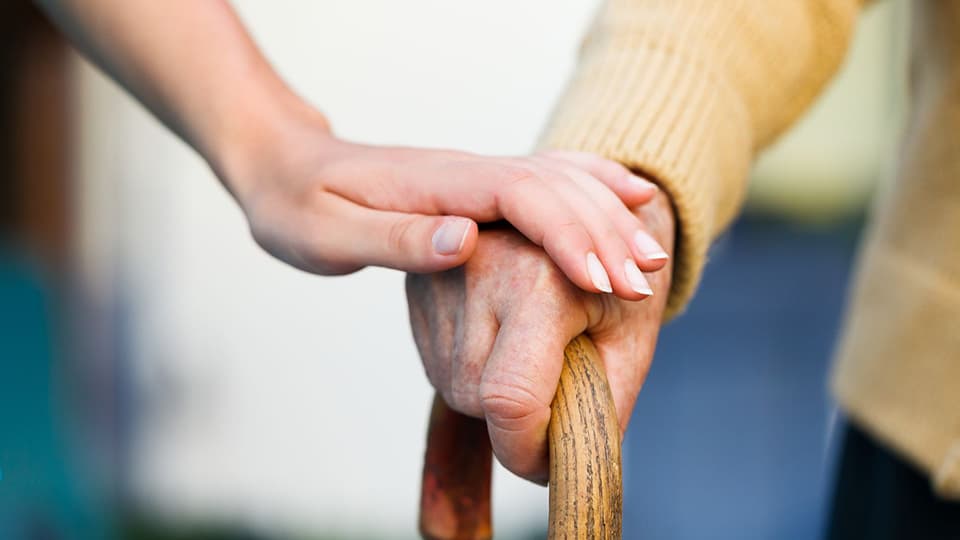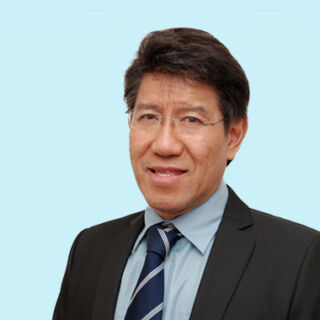Post-stroke depression (PSD)

Question:
My father just had a stroke recently and is currently recovering from it. He has appeared to be expressing sadness most of the time. I’ve heard that my father may have developed post-stroke depression. How can the family better cope with it to minimise its effects?
Answer:
Post-stroke depression (PSD) is considered the most frequent and important neuropsychiatric consequence of stroke. Approximately one-third of stroke survivors experience major depression. PSD is categorised as “mood disorder due to a general medical condition (ie stroke)” with the specifiers of depressive features, major depressive-like episodes, manic features, or mixed features.
Major depression occurs in up to 25 per cent of patients and minor depression occurs in up to 30 per cent of patients following stroke. Prevalence clearly varies over time with an apparent peak of three to six months after a stroke, and subsequent decline in prevalence at one-year reaches about 50 per cent of initial rates.
The natural course of major depression after a stroke, with spontaneous remission, is typically one to two years after stroke. However, it was also noted that in few cases, depression becomes chronic and may persist for more than three years following a stroke. On the other hand, minor depression appeared to be more variable, with both short term and long term depression occurring in these patients.
Also, PSD affects not only stroke survivors but the whole family. Anxiety and depression are also common in caregivers of stroke patients.
Being discharged from the hospital is the beginning of what is often an arduous process. After a stroke, patients can be limited in their ability to interact with the world or in their ability to independently carry out their wishes. For example, they may be unable to speak clearly, or they may be unable to move one of their limbs. Recovering lost skills through physical rehabilitation is one major goal of post-hospital recovery.
Show interest in what your husband is going through and encourage him to find out more about his condition. You can offer to accompany him on his doctor visits as it is the best way to learn about his health, treatment decisions and other important issues related to the disease. You may also want to seek advice and support from the hospital’s counselling team who are specially trained to counsel families of patients. To help him cope with depression, get him to simplify his lifestyle, set reasonable schedules and structure his time. Try to get him to participate in normal activities and get together with family or friends regularly. Encourage him to eat healthily and get sufficient sleep. Recovery from depression is an ongoing process and he may want to try stress reduction techniques such as meditation, yoga or tai chi.
Pointers to cope with PSD
- Acceptance of the stroke condition: learn about what the stroke has done to the body.
- Adjust by learning substitute skills as well as by working on regaining lost skills.
- Adopt lifestyle that will reduce stress and anxiety to minimal.
- Adhere to medical regimens that reduce the risk of further strokes.



